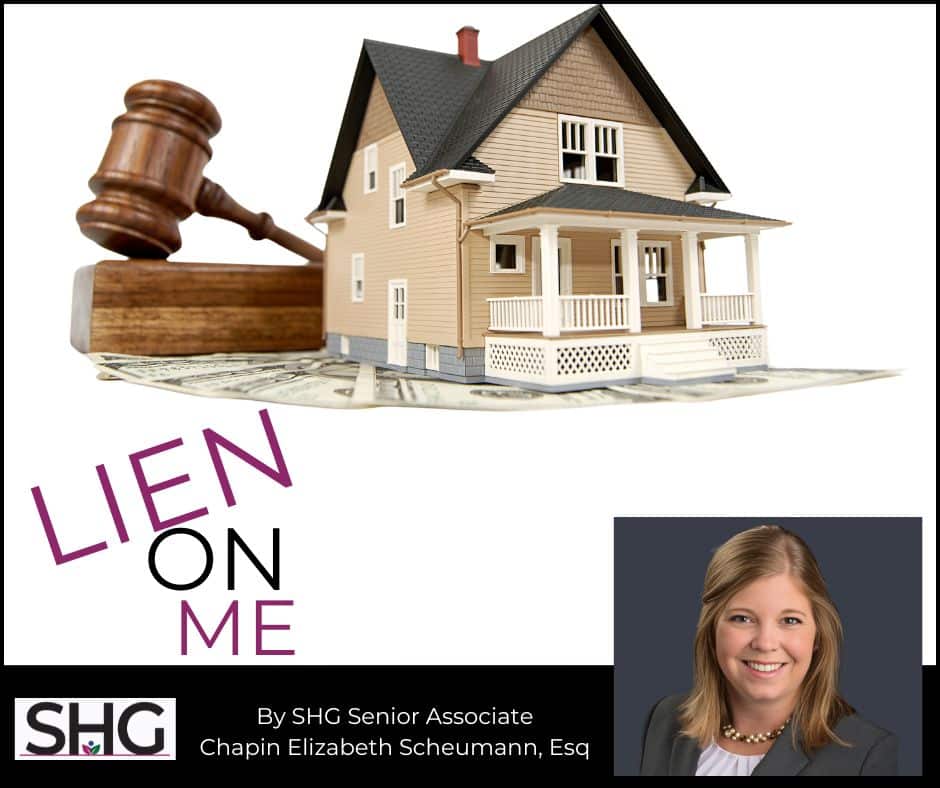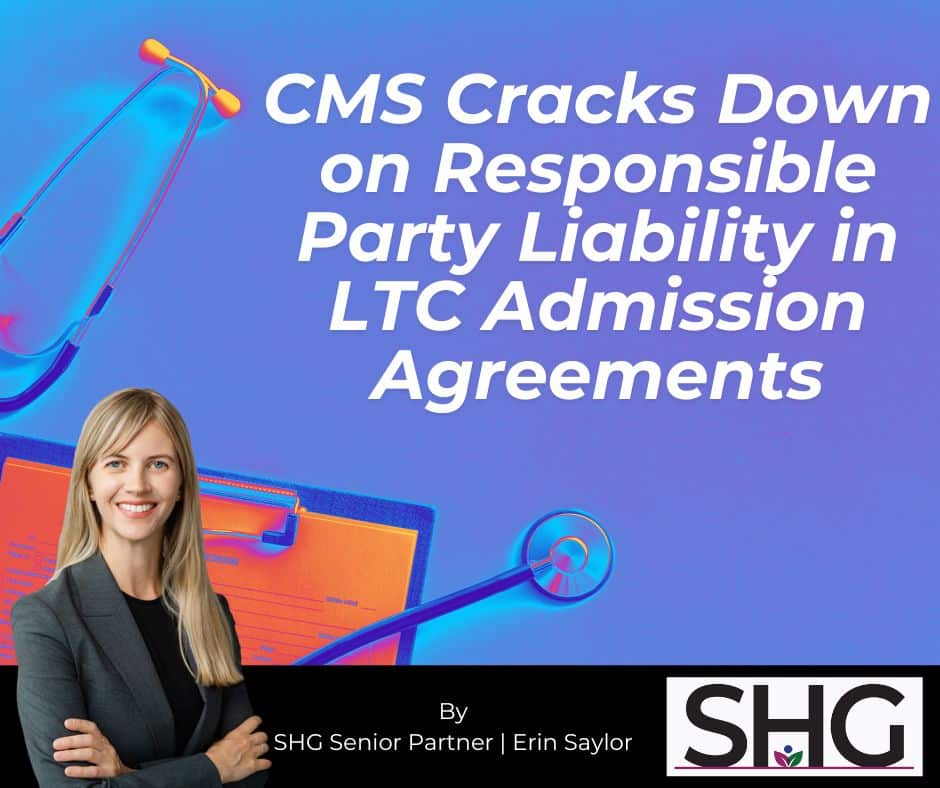As the populations of long-term care facilities grow at a rate faster than the average long-term care resident’s ability to pay for the care they receive, facilities are taking a huge hit to their bottom line. This has forced some long-term care facilities to close their doors after operating at a loss, which can be particularly devastating in smaller communities, as it creates job loss and a lack of appropriate care options for the aging population.
When there are no other alternatives to securing payment, some providers are turning to something called filial responsibility statutes. In short, these often little-known laws allow long-term care providers to seek payment from a resident’s children/family members when the resident is unable to pay on their own, obtain Medicaid, or find another payor source. A little over half of the states in the United States have some type of law on the books that allow for this type of recovery.
To seek payment from a resident’s family, certain factors must be met, and can vary from state to state. Some states require some type of wrongdoing on the part of the residents’ families. Other states do not even look at the actions of the residents’ families or the closeness of the relationship between the residents and their children. If you have questions about whether there is a filial responsibility statute in your state or whether you may be able to collect from a resident’s family, please contact us today.





